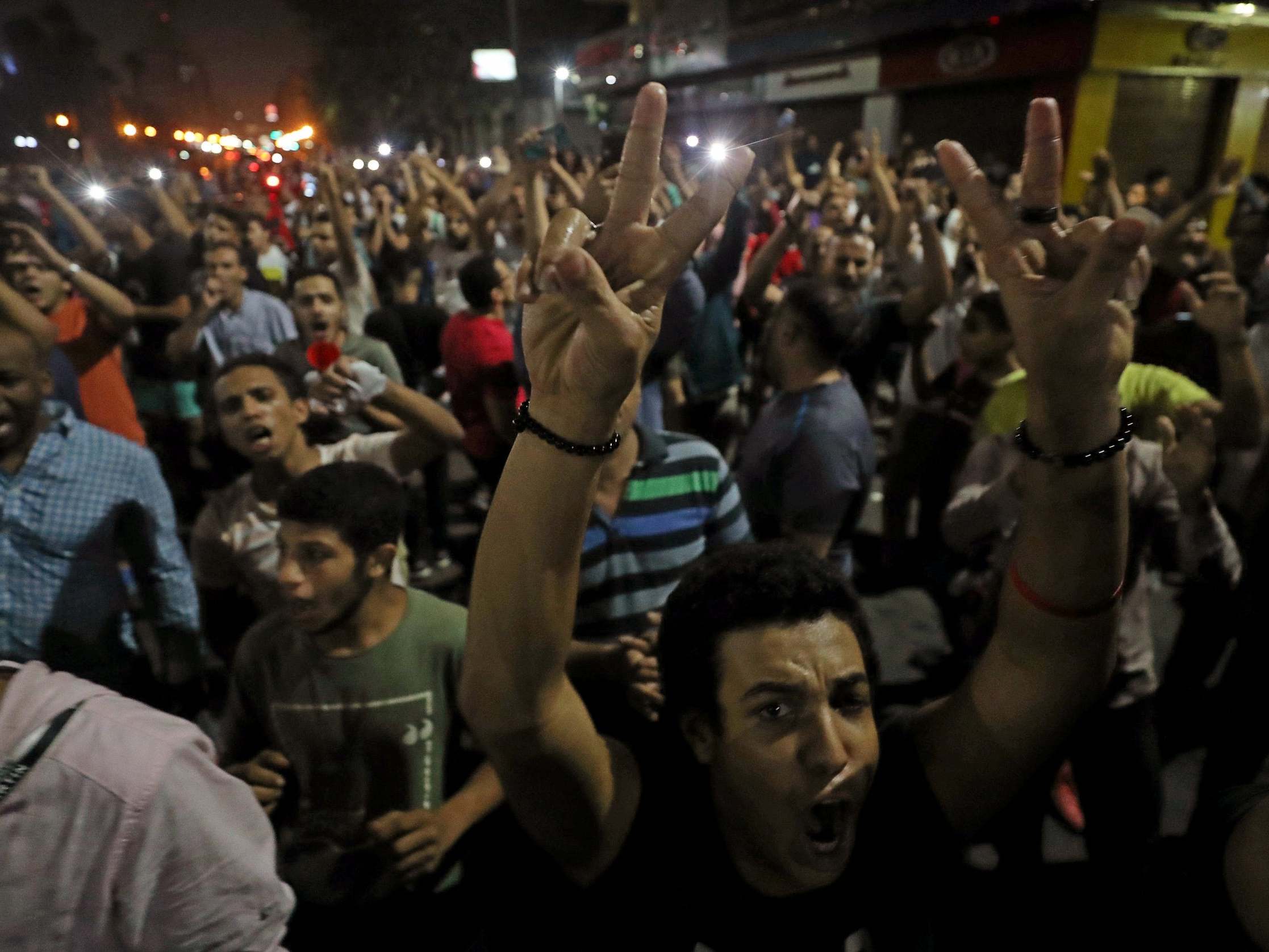Why Twitter’s suspension of Egyptian activists warrants a serious investigation
Because of the timing, many believe it is part of a campaign by President Sisi’s supporters to use rules created by Twitter as a means of silencing critics

It’s been called a storm in a teacup and an echo chamber but like Twitter or not, when traditional media is stifled, it is one of the few ways people can communicate their message to the outside world.
It is a vital tool for journalists needing information from hard-to-reach places.
For that reason, it is extremely vulnerable.
It is impossible for Twitter to safeguard against increasingly sophisticated hacking software, or in the recent case of Iraq, governments effectively switching off the internet.
But this week, a strange attack on Twitter accounts belonging to regime critics in Egypt exposed a simpler chink in the platform’s armour.
It appeared that Twitter’s own rules, created to stop abusive behaviour, were being used to silence dissidents. That is concerning and Twitter must react.
Since 20 September when small anti-government protests erupted in Egypt, president Sisi launched one of the largest crackdowns on dissent in years, arresting over 3,000 people.
At the same time, over 100 Twitter accounts of people who are critical of the government, including celebrated Egyptian author Ahdaf Soueif, were temporarily suspended by Twitter.
Those who have been temporarily suspended from Twitter told The Independent they lost a significant chunk of followers when their accounts were finally reactivated.
While their accounts are down (often at key times) they lose their public voice, and Twitter has offered no sufficient explanation.
Because of the timing, and people targeted, many believe it is part of a specific campaign by the Egyptian authorities or their supporters to silence critics.
While no one knows exactly how and why the accounts were temporarily shut down, experts speculate regime supporters were able to get Twitter accounts suspended by ensuring enough profiles “reported” those they wanted to target.
Twitter will automatically suspend an account which has received a lot of complaints while it conducts an investigation.
Marc Owen Jones, a professor at Doha’s Hamad bin Khalifa University, said that over the course of his research on Yemen, people reported being “mass followed” by fake accounts to trigger a sudden suspension.
There are numerous other ways that people can reportedly ensure accounts are suspended by toying with the rules. All are concerning.
Twitter should launch a thorough investigation into these cases and, if needed, re-examine their policies. Otherwise more people will be silenced.
Yours,
Bel Trew
Middle East correspondent
Join our commenting forum
Join thought-provoking conversations, follow other Independent readers and see their replies
Comments
Bookmark popover
Removed from bookmarks